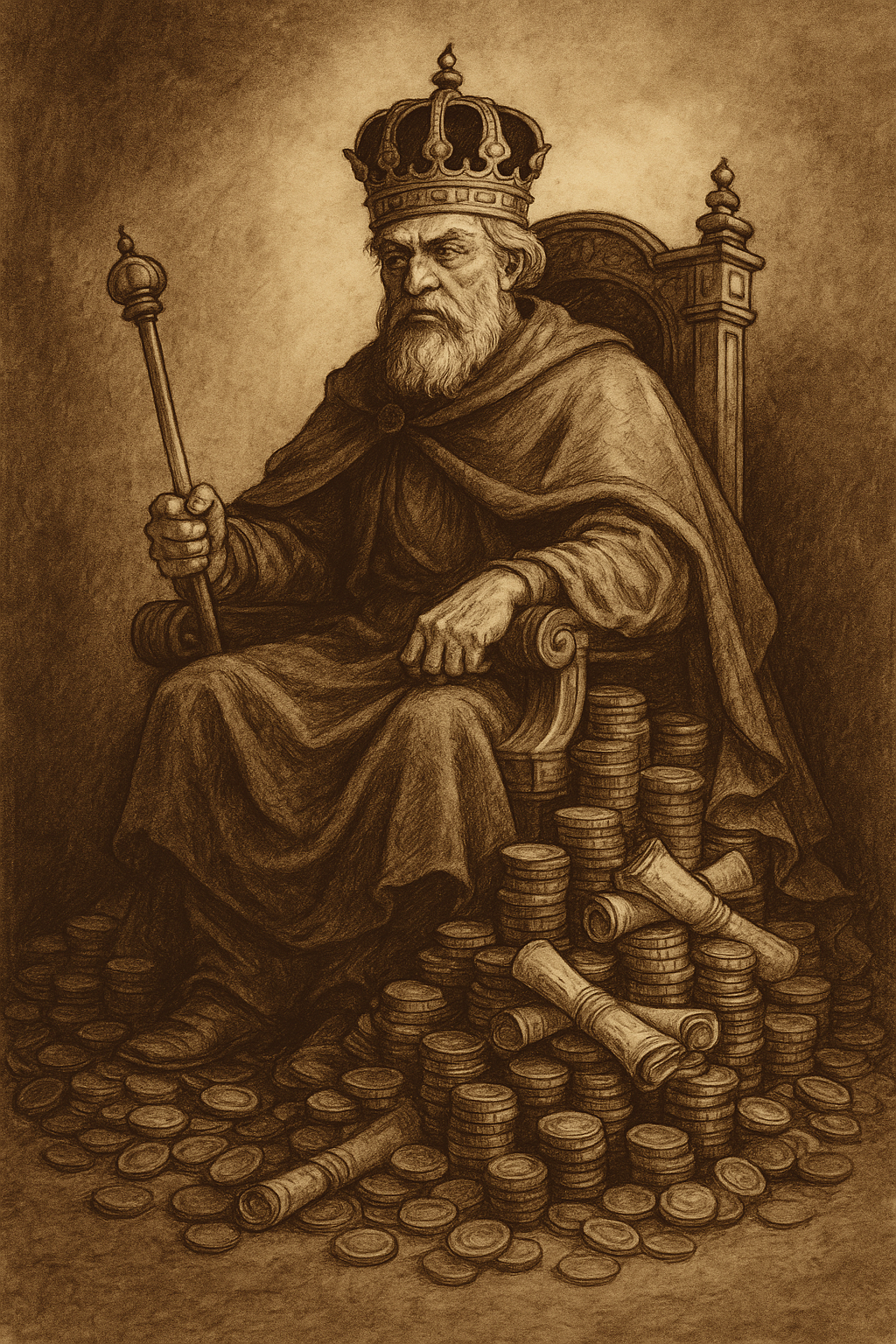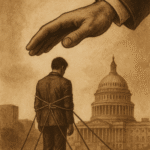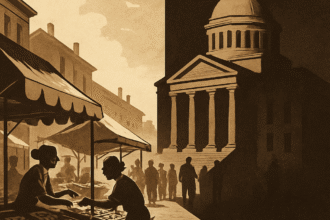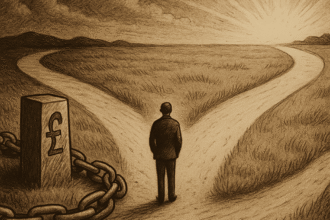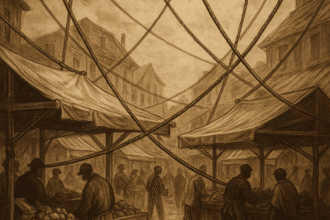The modern State, which today presents itself as the manager of the economy, was not born to protect markets or guarantee prosperity.
It was born of war, debt and the desire for control.
In this post, we will understand how the State, from being a mere tax collector, became an economic “protector” and “planner” — and how this cost freedom dearly.
👉 Read also: The Origin of the Market: Voluntary Exchange Before the State
From real taxation to economic management: the emergence of a monster
For most of history, the role of the state was limited:
- Collect taxes to maintain the court, the aristocracy and finance wars.
- Suppress rebellions to protect their own power.
Trade flourished despite of the State — not because of it.
It was only with the escalation of modern wars, between the 16th and 18th centuries, that:
- State funding needed to expand.
- Public debts exploded.
- New financial instruments (such as central banks) emerged to serve state interests, not the free market.
The economic state is born not to create wealth, but for capture wealth.
The “national wealth manager”: a recent myth
With the Enlightenment and the Industrial Revolution, the production of wealth multiplied.
And the State realized that it was not enough to just tax: it was necessary manage this growing wealth.
Like this:
- The State positions itself as economic planner.
- He justifies the intervention by saying that it protects the “nation”, “society”, and the “worker”.
- It creates state banks, industrial policies, and public works financed with debt.
But the objective does not change:
Expand the state machine and perpetuate its dominance over private production.
Bureaucratic parasitism: from war to civil management
The 20th century marks the height of this transformation:
- World Wars I and II reinforced the idea of a government-run “war economy.”
- After the wars, the instruments of control (high taxes, intervening central banks, massive public policies) were not disabled — were normalized.
Temporary emergency management has become the permanent bureaucracy.
The State sells itself as the “provider of economic stability”, but the reality is different:
- Expands public spending without responsibility.
- Controls currencies to finance deficits via inflation.
- It creates cycles of intervention and crisis that feed back into its own power.
Conclusion: from forced administrator to voluntary tyrant
The modern economic state is not the guardian of prosperity.
He is the biggest obstacle to economic freedom.
What started as emergency management:
- It has become a structural tyranny.
- The free citizen has become dependent.
- The producer became taxed, regulated, controlled.
To restore the free market, we must first unmask the Economic State for what it really is: a parasite on other people's wealth.
📩 Do you want to understand how dependence on the State threatens your freedom every day?
Subscribe to the Economic Radar newsletter and receive direct analysis and criticism in your email.
